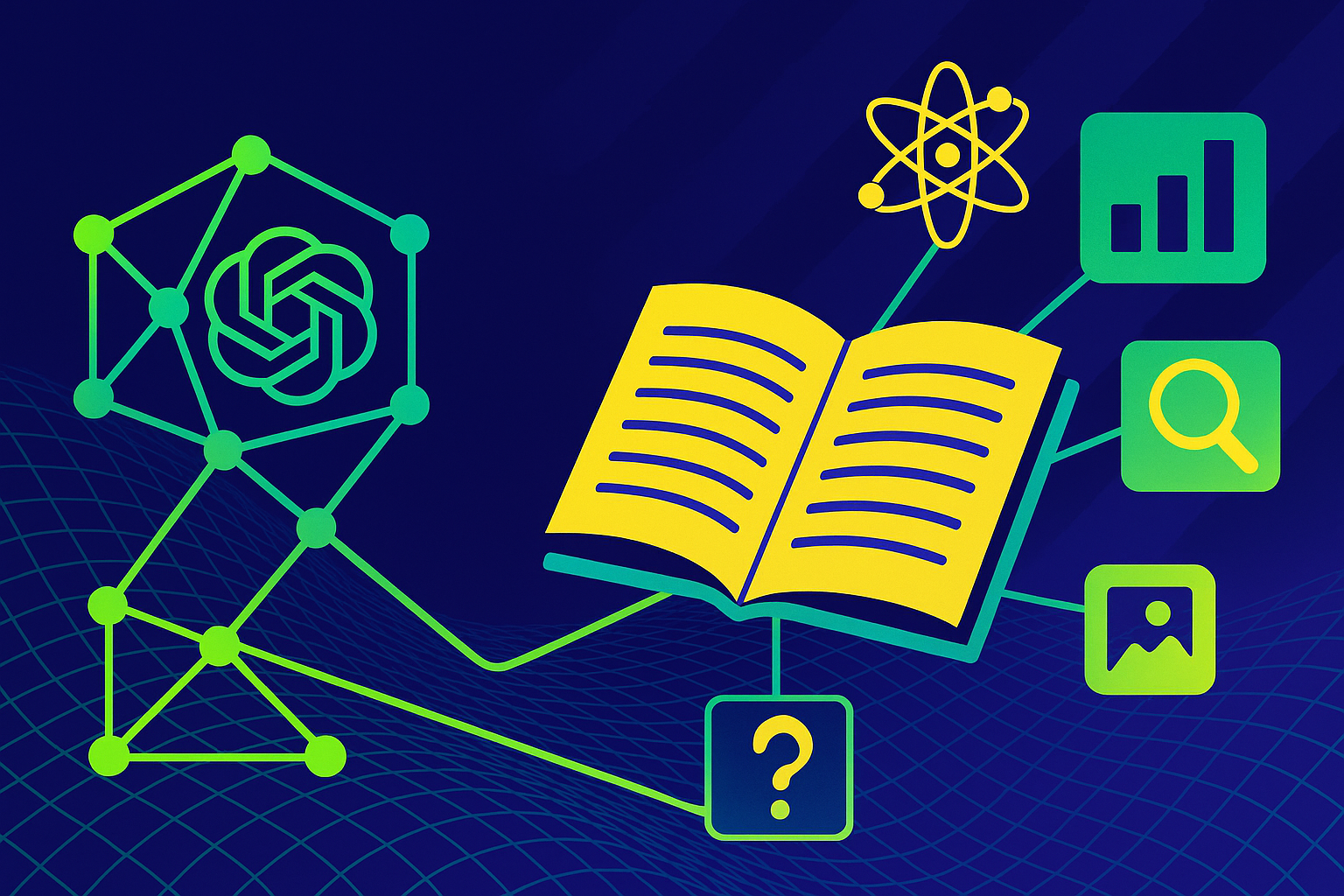OpenAI's chief scientist Jakub Pachocki says there is evidence that AI models discover novel insights

Jakub Pachocki, who leads advanced model development at OpenAI, says AI's ability to generate knowledge autonomously marks a turning point for business and research.
According to Pachocki, so-called reasoning models are on track to generate knowledge autonomously. He describes this as a form of "reasoning," though it's fundamentally different from how humans think. "I would say it is a form of reasoning, but that doesn't mean it's the same as how humans reason," he tells Nature.
These models rely on a two-stage learning process. First comes unsupervised pre-training, where the AI absorbs vast amounts of data and builds a "world model"—a kind of internal map of reality, but without any conscious structure or timeline, Pachocki explains.
The second phase uses reinforcement learning with human feedback (RLHF) to turn that foundation into a usable assistant. Pachocki says this step is even more important in the latest reasoning models. Alongside RLHF, OpenAI also relies on more classic reinforcement learning, which works best in tasks with clearly defined right and wrong answers. RLHF can handle messier problems, but it doesn’t scale as well.
Pachocki questions whether pre-training and reinforcement learning should even be treated as separate stages. "Reasoning models don't learn how to think in a vacuum, they are rooted in a model that has learned through pre-training," he says. His current work focuses on how the two phases interact and how to combine them—an idea his boss Sam Altman has also recently pointed to.
A new paper suggests that reasoning training doesn't add new capabilities to the models. Instead, it helps them apply what they already know more efficiently, for example by solving known problems in a more structured way.
Push for autonomous research
Pachocki tells Nature that his view of AGI continues to evolve. As a student, he saw mastering Go as a distant milestone—until AlphaGo's win in 2016 shifted his perspective. Since then, other challenges like the Turing test and mathematical problem-solving have also been surpassed much faster than he expected.
Now, Pachocki sees the next major step as economic: AI models that can deliver commercial results and conduct autonomous research. "This for me is closest to what I previously emotionally thought of as AGI," he says.
He expects "substantial progress" in autonomous AI research by the end of the decade, with the first practical applications—such as AI systems that can create software "almost autonomously"—possibly arriving this year.
"I definitely believe we have significant evidence that the models are capable of discovering novel insights," Pachocki says.
Microsoft and OpenAI have reportedly agreed to measure AGI's progress using economic metrics, specifically aiming for a $100 billion return on investment—an approach that matches Pachocki's mainly economic definition of AGI. OpenAI has also moved away from the idea of a single dramatic AGI breakthrough.
AI News Without the Hype – Curated by Humans
As a THE DECODER subscriber, you get ad-free reading, our weekly AI newsletter, the exclusive "AI Radar" Frontier Report 6× per year, access to comments, and our complete archive.
Subscribe nowAI news without the hype
Curated by humans.
- Over 20 percent launch discount.
- Read without distractions – no Google ads.
- Access to comments and community discussions.
- Weekly AI newsletter.
- 6 times a year: “AI Radar” – deep dives on key AI topics.
- Up to 25 % off on KI Pro online events.
- Access to our full ten-year archive.
- Get the latest AI news from The Decoder.